Tennis is a sport that demands both physical and mental precision. While players train tirelessly to improve their strokes, footwork, and endurance, it’s their mental focus that often determines who will come out on top in a match. Whether you’re competing in a local tournament or playing at the professional level, staying mentally sharp is just as important as your physical preparation. In this blog, we’ll dive into why mental focus is crucial in tennis and offer strategies to stay sharp during matches.
Why Mental Focus Matters in Tennis
In tennis, matches can be won or lost in the mind. A single moment of mental lapse—whether from a wandering thought, a missed opportunity, or a moment of self-doubt—can drastically affect your performance. Tennis matches can last hours, requiring players to stay locked into every point, every game, and every set.
Without sharp mental focus, distractions can creep in: you might dwell on a missed shot, let a previous error affect your next one, or lose concentration between points. Tennis is a game of margins, and a slight dip in focus can lead to missed opportunities and unforced errors. That’s why top players focus not just on their physical training, but also on enhancing their mental game.
How Mental Focus Impacts Performance
- Consistency in Execution
Tennis requires consistent execution of skills under pressure. Whether it’s serving under pressure in a tiebreaker or returning a powerful serve, your ability to maintain mental focus can mean the difference between a successful shot and an error. By staying focused, players can ensure they make the right decisions during fast-paced exchanges, which helps maintain consistency throughout the match.
- Staying Present
One of the most significant challenges in tennis is staying in the present moment. It’s easy to become fixated on the last point or worry about the next set. Players who can stay focused on each point, instead of dwelling on past mistakes or anticipating future outcomes, tend to have better results. Staying present minimizes distractions and helps you maintain mental clarity, allowing you to perform at your best in each moment.
- Handling Pressure
Tennis is a sport where pressure can build quickly—especially during crucial points, like break points or deciding sets. Mental focus plays a critical role in how players manage this pressure. The ability to block out external distractions, stay calm, and focus on executing your game plan under pressure can make or break a match. The most successful players are those who can stay mentally strong when the stakes are highest.
- Emotional Control
Mental focus in tennis also involves emotional regulation. The ups and downs of a match—winning a point, losing a set, or facing a difficult opponent—can stir up emotions. Anger, frustration, or nervousness can quickly cloud your judgment and affect your performance. Maintaining mental focus helps players keep emotions in check and stay in control of their mental state, allowing them to recover quickly from setbacks and perform consistently.
Strategies to Improve Mental Focus in Tennis
- Develop a Pre-Match Routine
A pre-match routine can help athletes prepare mentally for the competition ahead. Whether it’s visualizing your performance, going through a set of stretches, or listening to music that pumps you up, a pre-match ritual signals to your mind that it’s time to focus. This helps create a mental space where you’re prepared to face whatever challenges the match throws your way.
- Use Mental Cues
Top tennis players often use mental cues or keywords to help maintain focus during a match. For example, repeating words like “calm,” “breathe,” or “focus” between points can help center your mind and bring you back to the present moment. These mental cues act as a reset button, allowing you to leave distractions behind and stay in the game mentally.
- Mindfulness and Breathing Techniques
Mindfulness is a great way to improve mental focus. Learning how to bring your awareness to the present moment can help you tune out distractions and enhance your concentration. Deep breathing techniques are also effective in reducing anxiety and calming the nervous system. Simple exercises like taking deep, controlled breaths between points can help lower stress and refocus your mind.
- Set Process-Oriented Goals
While it’s easy to get caught up in the score of a match, process-oriented goals focus on how you want to play the game, rather than the outcome. For example, setting goals such as “hit a consistent first serve,” “maintain positive body language,” or “stay focused on each point” can help you maintain mental clarity and focus on the things you can control during the match.
- Post-Match Reflection
After a match, it’s important to reflect on both the physical and mental aspects of your performance. Ask yourself questions like: Did I stay focused throughout the match? When did I lose concentration? What strategies can I use next time to stay mentally sharp? This type of reflection helps improve your mental resilience and prepares you for future matches.


Çatalca su kaçak tespiti Modern cihazları sayesinde su kaçağını çok kısa sürede buldular. https://www.seint-ec.com/uskudar-tesisatci-kacak-tespiti/
Very good https://is.gd/tpjNyL
Very good https://is.gd/tpjNyL
Good https://is.gd/tpjNyL
Awesome https://shorturl.at/2breu
Good https://shorturl.at/2breu
Very good https://shorturl.at/2breu
Very good https://lc.cx/xjXBQT
Good https://lc.cx/xjXBQT
Good https://lc.cx/xjXBQT
Awesome https://lc.cx/xjXBQT
Very good https://lc.cx/xjXBQT
Very good https://lc.cx/xjXBQT
Very good https://lc.cx/xjXBQT
Awesome https://lc.cx/xjXBQT
Awesome https://t.ly/tndaA
Awesome https://urlr.me/zH3wE5
Good https://rb.gy/4gq2o4
Good https://rb.gy/4gq2o4
Very good https://rb.gy/4gq2o4
Good https://is.gd/N1ikS2
Very good https://is.gd/N1ikS2
Awesome https://is.gd/N1ikS2
Very good https://is.gd/N1ikS2
Awesome https://is.gd/N1ikS2
Very good https://is.gd/N1ikS2
Very good https://is.gd/N1ikS2
Awesome https://is.gd/N1ikS2
Awesome https://is.gd/N1ikS2
Good https://is.gd/N1ikS2
Awesome https://is.gd/N1ikS2
Very good https://is.gd/N1ikS2
Awesome https://is.gd/N1ikS2
Good https://is.gd/N1ikS2
Very good https://is.gd/N1ikS2
Awesome https://is.gd/N1ikS2
Good https://is.gd/N1ikS2
Good https://is.gd/N1ikS2
Very good https://is.gd/N1ikS2
Very good https://is.gd/N1ikS2
Awesome https://is.gd/N1ikS2